Risking the Erotic
“The erotic is an antidote to death.”
Doing yard work just now, sweating in the heat while shoveling clumps of dirt out of my back yard, I stopped, mid-heave. I'd been listening to Samin Nosrat, the now-famous chef and author of Salt, Fat, Acid, Heat and star of a Netflix show by the same name, in an interview on Ann Friedman's Going Through It podcast. There's a moment when Nosrat describes her career as a chef, eventually finding herself free to pursue writing, the thing she'd actually always wanted to do with her life. She admits, "I had just spent my entire adult life basically investing in a career of cooking, and all of the sudden I was faced with the thing that, you know, I'd wanted to do since I was 12 years old...And I had no idea how to do any of it. I had my freedom now. But freedom is scary. And freedom is a big burden in a lot of ways."
Audibly, to myself and the dirt, I exclaimed "One-hundred percent."
Because a year ago, in the privileged position of working only two days a week and left with five whole days to pursue what I'd always wanted to pursue—art and writing—what did I end up doing instead? Watching Netflix. Posting on Tumblr. Going on long walks. Truly, almost anything to avoid doing the actual work. Why? For me, when given the time and space to finally do this thing—this THING—that I'd always wanted, the pressure was crippling. First, it meant I was finally on the hook. I had to actually write the piece, paint the thing. And actually doing the thing would mean facing criticism, too. People would have opinions. And, what of my hours? What would my day look like? I had all of this tiiiiiiiime and I could do anything with it. Not only that, but I could write anything, draw anything, do anything.
In other words, nothing about that expanse of time was defined for me. I had complete and utter choice to invent a new way of being. It was all mine, it was all me. It was freedom in the most profound sense of the word and I call it an "expanse" because that is exactly what it felt like. The expanse of it was massive. In this way, freedom actually felt suffocating. So do you know what I wanted more than anything else? I wanted definition. Someone to tell me what to do. Normalcy, security, to be let off the hook. I wanted to go back to what was known, even if it meant I'd live a less-alive life.
Apparently, when granted freedom out of Egypt, where they were slaves, the Israelites asked to, relatively promptly, return to rule under a king. Rather than determine their own lives outside of dictatorship and oppression and rather than build something wholly unique at that point in history, they actually wanted to be like every other nation. They wanted to go back. Freedom, it turns out, was too much.
Does this sound familiar?...she asks as chants of "Make America Great Again" echo on the television.
I'm telling you this story, not just because you might also resonate. I'm saying it because I am realizing it is absolutely essential that we each contend with what it means to face the expanse. Whatever that means for each of us. Why? Because what is known is crumbling all around us (capitalism, the environment, basically every structure and institution our lives are built on) and we need people who are determined—people who are altogether unyielding—in the pursuit of a new way forward. People who insist on more life, even if it comes with more risk. People who will not ask to go back to the old way when they know the trade-off of operating in the old world is a spiritual, physical, mental death, both individually and collectively, but people who will instead wade through the dark and uncomfortable task of creating something new.
If you want to hear more on what creating something new (an act of imagination), reckoning with freedom, and risking the "erotic" have to do with one another, Esther Perel says it better than I ever could.
